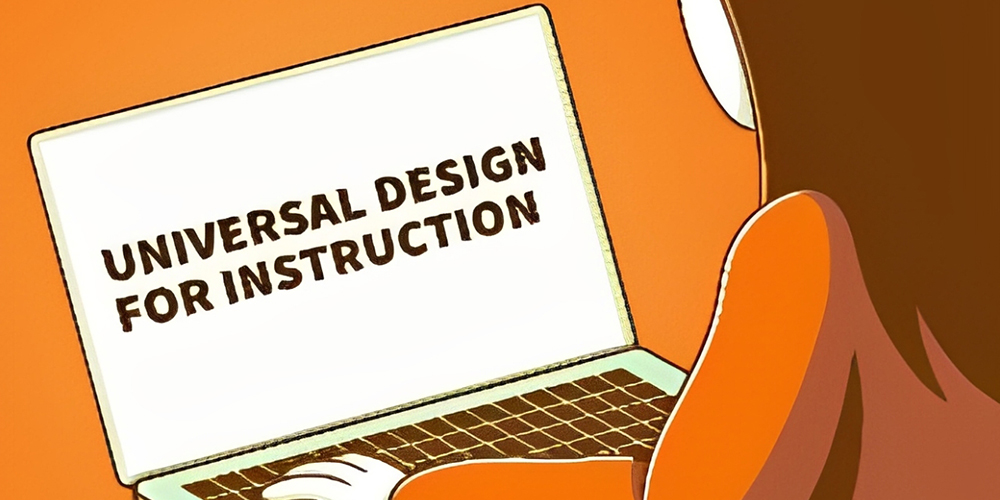Criteria: applicable and accessible resource for those interested in UDL (Universal Design Learning); high caliber research reputation of the institution.
Key Takeaway: Harvard’s David Rose and the Center for Applied Special Technology (CAST) propose a shift from “student disability” to “curriculum disability,” advocating for a more inclusive, flexible approach to education called Universal Design for Learning (UDL). UDL’s core principles include multiple means of representation, expression, and engagement, tailored to accommodate individual student differences. Technology plays a supportive, but not essential role in this process, underlining the idea that the curriculum should adapt to students, not the other way around.
Summation and Insights:
In a radical shift of focus from the student to the curriculum, Harvard Graduate School of Education’s David Rose and the Center for Applied Special Technology (CAST) propose the concept of “curriculum disability.” Instead of the traditional approach which identifies deficiencies within students, Rose suggests that it’s often the standardized, “one size fits all” curriculum that is disabling and needs remediation.
Drawing from his experiences working with struggling students, Rose formed CAST to make a practical impact. Central to this endeavor is the principle of Universal Design for Learning (UDL), which stresses the importance of accommodating and acknowledging differences among students in a classroom setting.
The core of UDL lies in three main principles:
- Offering multiple means of representation to cater to various learning preferences.
- Providing multiple ways for students to express their knowledge.
- Engaging students’ interests, offering suitable challenges, and enhancing motivation.
Embracing technology, CAST has developed various software programs conducive to UDL principles, like WiggleWorks (a software program produced by Scholastic with built in tools to support reading and writing activities) and Book Builder (a program online where parents and teachers can design storybooks with built in support for learning activities).. However, educators should take note that technology is merely a facilitator, not a necessity, for implementing UDL principles. To learn more about Universal Design for Learning, educators are encouraged to visit the CAST website for additional resources, guiding principles, and a self-checklist for curriculum developers.
Year: 2008
Author: Eva Chen
Featured Educator: David Rose https://www.cast.org/about/board/david-rose
